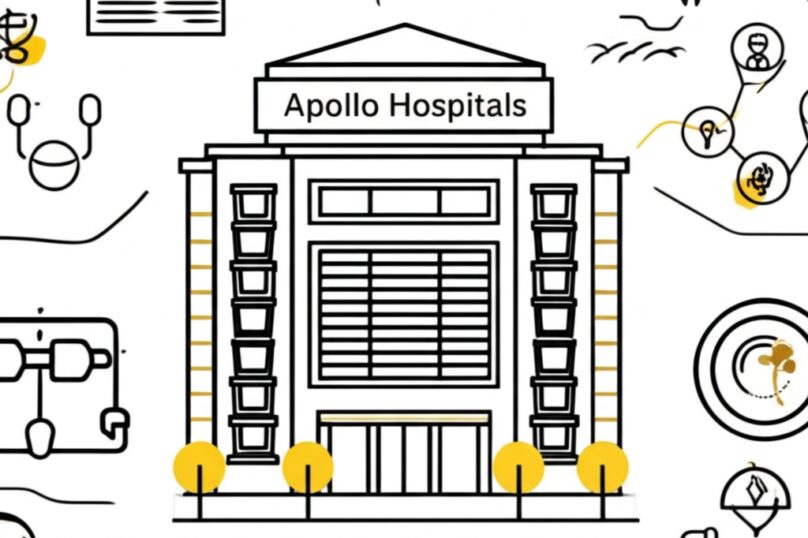Case Study: How a healthcare provider implemented Agile methodology

Case Study: How a Tamil Nadu Healthcare Provider Successfully Implemented Agile Methodology
In today’s fast-paced world, healthcare providers need to be agile and adaptable to meet the ever-changing needs of their patients. This case study explores how a leading healthcare provider in Tamil Nadu successfully implemented Agile methodology to improve efficiency, patient care, and overall organizational performance.
The Challenge:
Apollo Hospitals in Coimbatore faced several challenges, including:
- Slow software development cycles leading to delayed implementation of crucial updates.
- Inefficient resource allocation resulting in wasted time and effort.
- Lack of transparency and communication between different teams, leading to misunderstandings and project delays.
- Difficulty adapting to changes in patient needs and regulatory requirements.
The Solution:
To overcome these challenges, Apollo Hospitals adopted Agile methodology, specifically Scrum. This involved:
- Breaking down large projects into smaller, manageable sprints: This allowed for more frequent feedback and adjustments, ensuring the project stayed on track and met patient needs.
- Implementing daily stand-up meetings: These short meetings improved communication and collaboration among team members, identifying and resolving issues quickly.
- Utilizing sprint reviews and retrospectives: This enabled the team to assess progress regularly, identify areas for improvement, and adapt accordingly.
- Focusing on iterative development and continuous improvement: This ensured that the software and processes were constantly evolving to meet the changing needs of patients and the healthcare landscape.
The Results:
The implementation of Agile methodology yielded significant improvements for Apollo Hospitals, including:
- Faster software development cycles: New features and updates were deployed much more quickly, improving patient experience and operational efficiency.
- Improved resource allocation: Resources were utilized more effectively, reducing waste and maximizing productivity.
- Enhanced communication and collaboration: Increased transparency and clear communication improved teamwork and reduced misunderstandings.
- Greater adaptability to change: The Agile approach allowed Apollo Hospitals to quickly adapt to changing patient needs and regulatory requirements.
- Increased patient satisfaction: Improved efficiency and better software led to enhanced patient care and satisfaction.
Key Learnings:
This case study highlights the importance of adopting Agile methodologies in the healthcare industry. By embracing change, fostering collaboration, and focusing on iterative development, healthcare providers can significantly improve their processes, patient care, and overall organizational performance. The success of Apollo Hospitals demonstrates that Agile isn’t just a buzzword; it’s a practical and effective approach to tackling complex challenges in a dynamic environment.
Conclusion:
Apollo Hospitals’ successful implementation of Agile serves as an inspiring example for other healthcare providers in Tamil Nadu and across India. By adopting a similar approach, they can transform their operations, improve efficiency, and ultimately deliver better patient care.
